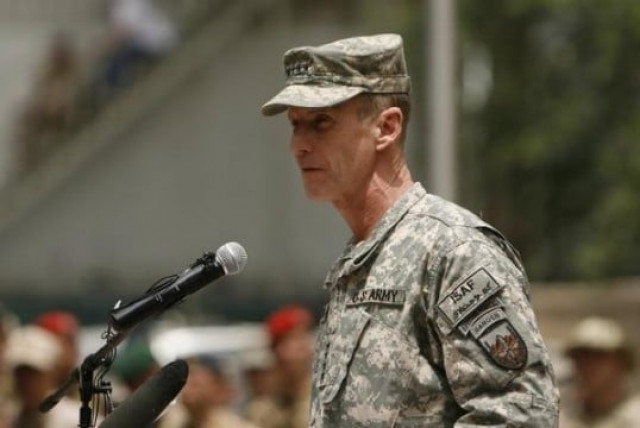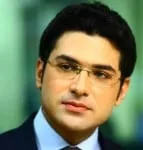All of us have at one time or another thought ill of a colleague but we wouldn’t say so aloud - certainly not in front of a journalist. But General Stanley Mc Chrystal did. Perhaps he was caught up in the tricky world of the media. Or maybe he just got carried away in his devotion to his mission in Afghanistan as top US military commander. Whether or not he really wanted to say what he did about the US civilian administration in that revealing article in Rolling Stone magazine he changed the way we view US policy.
While President Obama has always claimed that there is unity of vision in the US command on the mission in Afghanistan, we now know that this was not the case. General Mc Chrystal was following a strategy aimed at fewer civilian deaths in Afghanistan. Although General Mc Chrystal succeeded in having President Obama send 30,000 additional troops to the country he did not think the administrations July 2011 troop withdrawal date was realistic.
McChrystal sympathizers are also no longer in America’s good books. Afghan president Hamid Karzai, for example, clearly said that replacing Mc Chrystal would not be good for peace and stability in his country. And it goes without saying that this replacement of the top military commander has come at a difficult time for the mission in Afghanistan. Taliban quarters will view it as proof of a failing strategy of coalition troops in the country.
President Obama has had to make difficult decisions since assuming office. The choice to remove the general came despite his quick apology based on the fact that as Robert Gates put it, it was just an “enormous mistake.”
The US president has admitted that accepting Mc Chrystal’s offer to resign was a difficult decision as it represented a choice between the requirements of the US democratic system and factors that could lead to success at war. Howevever, saying that war is bigger than any one man, he decided in favour of US national security. But doesn’t that decision have a stake in the successful and logical conclusion of the mission in Afghanistan?
Gaffe McChrystal
While President Obama has always claimed that there is unity of vision in the US command on the mission in Afghanistan, we now know that this was not the case.



COMMENTS
Comments are moderated and generally will be posted if they are on-topic and not abusive.
For more information, please see our Comments FAQ